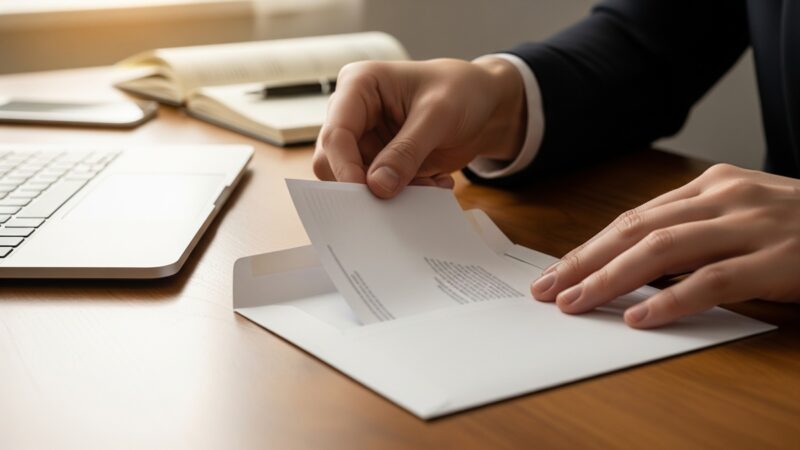- Lemberg Law
- FDCPA – Debt & Credit Complaints
- Debt Collection FAQ’s
- How To Dispute A Debt Collection

This debt collection dispute window is extremely important. If you don’t respond within 30 days, the debt collector has the right to assume that the debt is yours to pay. The Fair Debt Collection Practices Act (FDCPA) requires debt collectors to send a notice within five days of initially contacting a consumer. This notice must contain information about the amount owed and the creditor, as well as a statement saying that you have 30 days to dispute the debt.
Exercise Your Right To Dispute a Debt
There are several reasons why you may want to launch a debt collection dispute. First, of course, is if you don’t believe that you actually owe the money. Perhaps you’ve paid the bill, perhaps it’s been discharged in a bankruptcy proceeding, maybe the debt collector has you confused with someone else, or you may have been the victim of identity theft.
Another reason you might start a debt collection dispute is because the debt is too old to collect. Often, debt collection agencies will buy up old debt from other companies for pennies on the dollar. The original creditor will have written it off as “bad debt,” but debt buyers will go to extremes in order to collect the debt. Many states have a statute of limitations on debt collection. This is a law that says a debt may no longer be collected after a certain amount of time has passed. Unfortunately, these kinds of laws don’t prevent unscrupulous debt collectors from trying anyway. In fact, they’re counting on the fact that most consumers aren’t aware of the law.
You also may wish to initiate a debt collection dispute because you need some time to formulate a plan of action. Forcing the debt collector to do the research and produce the documentation regarding the debt in question can buy you some breathing room.
Debt Collection Disputes: 30-Day Period
You can start a debt collection dispute by sending the debt collection agency a dispute letter within the 30-day period. Make sure to send it via certified mail with a return receipt requested, and keep a copy of your letter.
According to the Fair Debt Collection Practices Act, once you initiate a debt collection dispute, the debt collection agency cannot contact you again until they produce the proper documentation. Moreover, the debt collector cannot report the unpaid debt to credit reporting agencies while it’s in dispute.
If a debt collection agency ignores your debt dispute letter, continues to call, or reports you to a credit reporting agency, the debt collector is in violation of the FDCPA. You should immediately contact an attorney. You are entitled to actual damages, attorney fees, and up to $1,000. The legal team at Lemberg Law will provide you with a free case evaluation, and will represent you if you’ve been the victim of abusive debt collection practices. The legal team at Lemberg Law will provide you with a free case evaluation, and will represent you if you’ve been the victim of abusive debt collection practices. To speak with a representative directly and immediately call 844-685-9200 for a free, no obligation case evaluation.
After the Debt Dispute
Once the debt collector produces the required proof that you owe the debt, and if you agree that you owe the debt, you have a number of options available to you. You can work out a payment plan, negotiate a debt settlement or file for bankruptcy.
